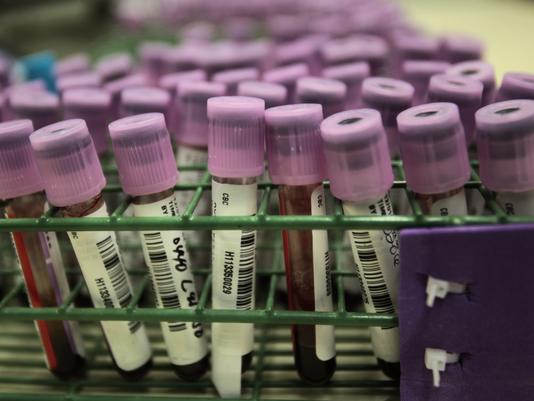KUALA LUMPUR, Aug 11 — An estimated 1.2 million Malaysians suffer from some form of incontinence or inability to control any involuntary loss of urine (or faecal).
Continence Foundation Malaysia president Dr Peter Ng said urinary incontinence (inability to control the bladder), which affected more women than men, was the most common pelvic floor disorder, and its severity varied from person to person.
The consultant urologist said that one in 10 women had regular incontinence problem, while one in 20 men experienced it.
He said there were two types of urinary incontinence affecting women, namely ‘stress incontinence’ and ‘urge incontinence’.
“The stress incontinence is caused due to coughing, laughing, sneezing, exercising or other movements that increase intra-abdominal pressure while urge incontinence is whereby, the leak is involuntary and triggered by a random sound of running water or drinking small amounts of water,” he added.
Speaking to Bernama in an exclusive interview, Dr Ng noted that some women and men had a mix of stress and urge incontinence. Fortunately, all of these types of urinary incontinence can be treated.
He stressed that incontinence was not a disease, but rather a symptom of some other condition, and a sign that something else in your body was not functioning properly.
“Urinary incontinence can happen to anyone, but it becomes more common with age. As you get older, women and men have similar urinary problems.
“The only difference is the prostate gland. Men have difficulty passing water (commonly due to prostate enlargement), and women wet themselves (commonly due to weak pelvic muscles,” he explained.
On what caused incontinence, Dr Ng said there were many causes of incontinence, and sometimes it was only a temporary condition triggered by certain foods or liquids such as alcohol and caffeine, that might irritate the bladder lining.
For women, it was caused by previous pregnancy and childbirth, whereby the pelvic floor muscles or the urinary sphincter or the nerves that control these muscles could be damaged, and also the weakening of the bladder muscles, he said.
Dr Ng said more than 80 per cent of the cases could be cured by either controlling bowel movement, doing pelvic floor exercises, training the bladder, medication, and surgery, if it was necessary.
He felt that incontinence was not always an easy subject to cope with, and things could get complicated when a loved one faced it, as it was still considered embarassing or taboo in society to discuss the issue.
“Once the public is aware of how many people suffer from urinary incontinence, then they will not be so embarrassed to address it,” he said, advising those experiencing it to visit a urologist to get diagnosed to enable them to lead a normal life,” he noted.
A survey from TENA Malaysia, a leading specialist in urinary incontinence and bladder weakness, revealed that three per cent of world population is affected by incontinence.
It was reported that 77 per cent of respondents had stated incontinence had a negative impact on self-confidence, 74 per cent (on completion of tasks), 64 per cent (on physical activities) and 45 per cent (on concentration). – Bernama



















